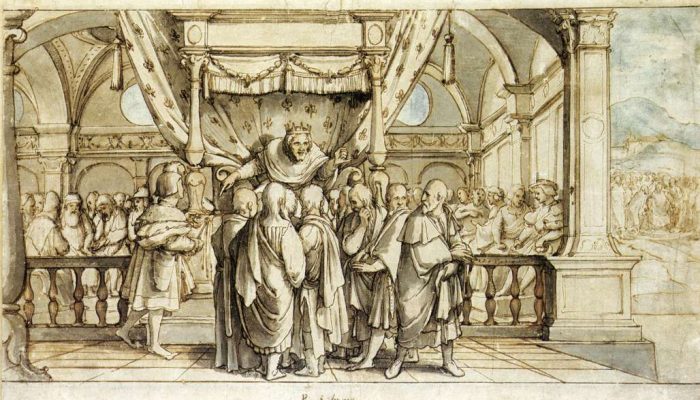
Here at LDS.net we want to help you teach the best lessons you possibly can. While every teacher needs to seek out his/her own inspiration for how to best help their own class apply the principles of the gospel, we hope pointing you in the direction of a few helpful resources will aid you in your process.
This Week’s Lesson: The Influence of Wicked and Righteous Leaders – Gospel Doctrine Lesson 27
Supplemental Audiovisual Resources
These churchofjesuschrist.org videos are a great pace-changer, and are edited so you don’t have to sit there searching for the right time interval:
“Priesthood Power and Priesthood Authority”
“First Presidency Message: Righteous Leadership”
Mormon Messages
Taken straight from the app, for your teaching pleasure:
“Your Potential, Your Privileges”
Quotable and Inspired Text
Here are some resources from other talks and manuals about similar subjects that you can peruse.
Teachings of the Presidents: Ezra Taft Benson. Chapter 9: Leadership.
“Some Scriptural Lessons on Leadership”
Alternate Activity Ideas
Since every class has different needs, we brainstormed a few extra ideas for class activities that might prove useful to you.
UNRIGHTEOUS DOMINION
Read and discuss D&C 121:34-46 with the class, and spend time especially on understanding and sharing examples of the concept of unrighteous dominion. Since these Old Testament lessons are designed to be applied to our modern experiences with leadership, prepare insightful questions that will help class members think introspectively about what they can each do to better exemplify leadership qualities that will maintain their worthiness to receive the blessings and authority of the Priesthood.
SELF-EXALTING VS. SELF-ABASING LEADERSHIP
In His teachings to the primitive Christian church in the New Testament, the Savior Jesus Christ taught on several occasi0ns that to be a true leader is to be a servant to those one is responsible for. How is this Christlike view of leadership in contrast to some values taught in many public and professional circles today? Help class members express what they feel have been successful and unsuccessful tactics used by leaders they’ve either observed or worked under.
“IT IS NOT EXPEDIENT THAT YE SHOULD HAVE A KING”
King Mosiah expressed his feelings about monarchic governments when his people called for a new king in Mosiah 29. Instead, he urged them to institute a system of judges (more akin to an archaic republic) to govern the people. Help the class engage in a civil and spiritually uplifting discussion about the importance of agency and express gratitude for the modern democratic societies that allow for a larger amount of self-governance within the populace.





